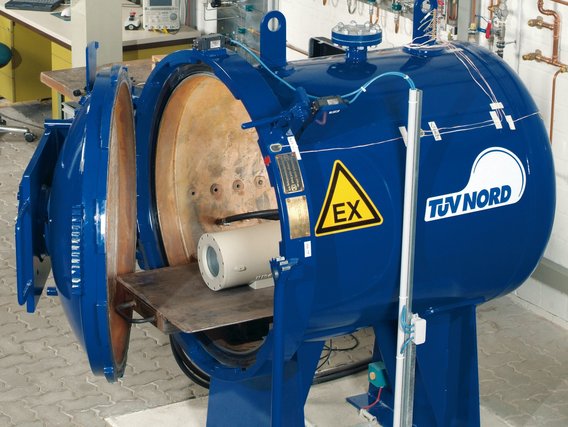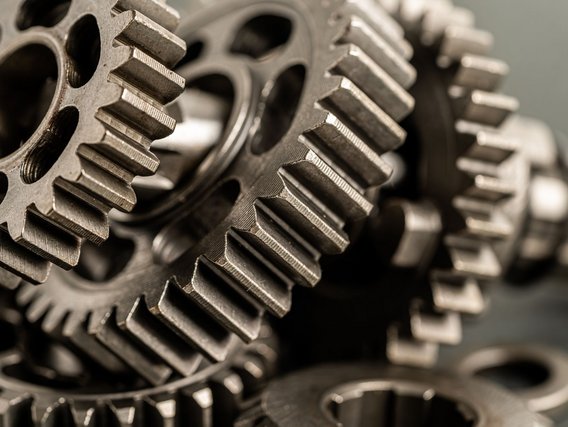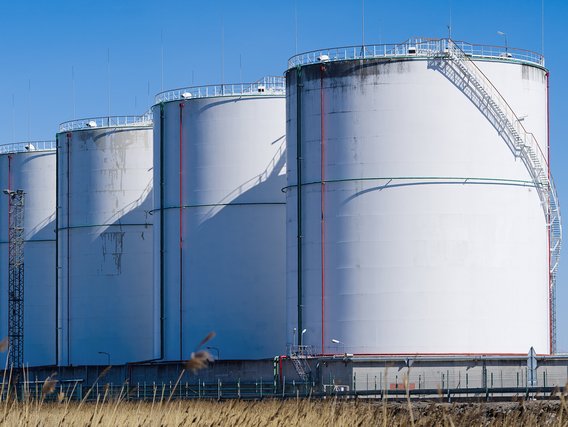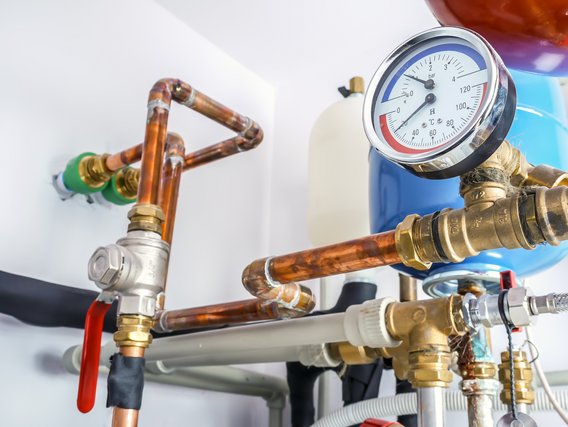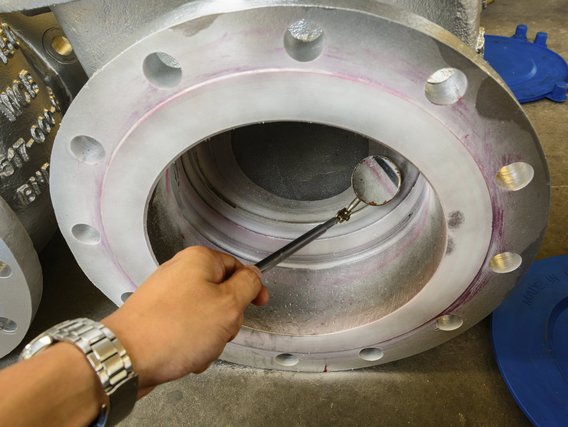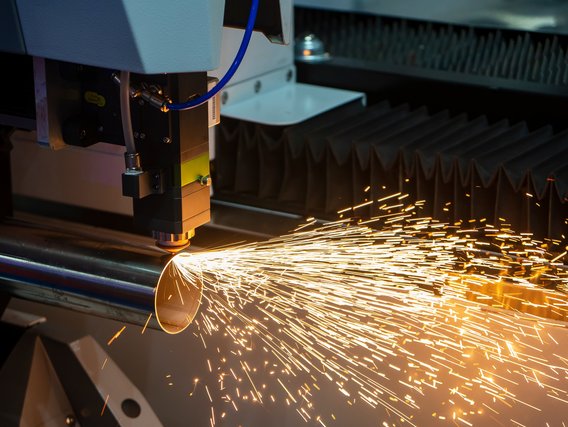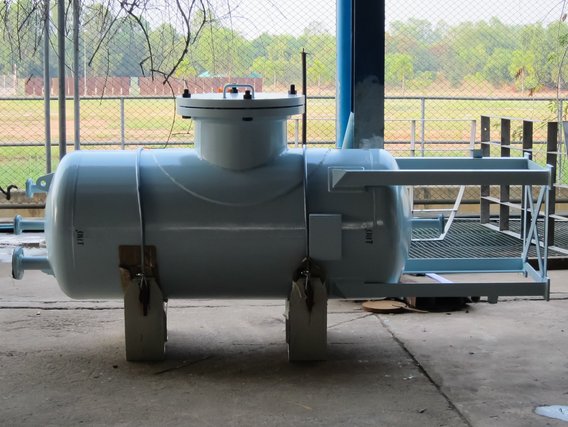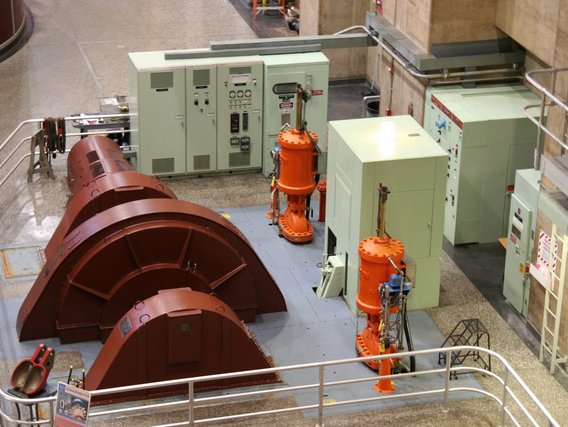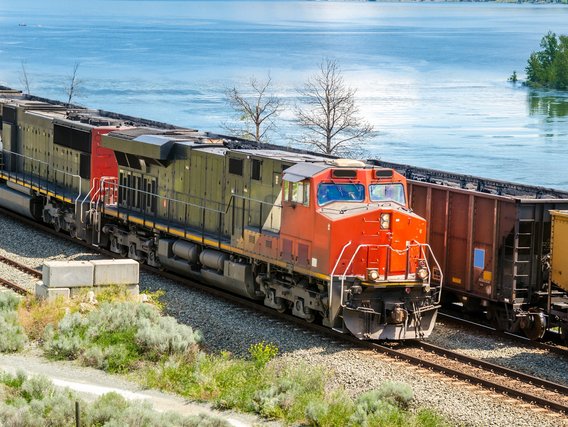
Solar Keymark
The Solar Keymark is a quality label for solar collectors and solar thermal systems, created to certify high-quality products at the European level. It is a voluntary third-party certification mark that indicates to end users that the product complies with relevant European standards and meets additional requirements. The aim is to reduce trade barriers and promote the use of high-quality solar thermal products in the European market and beyond. Today, it is the main quality mark for solar thermal products and is widely recognized in the European market and is increasingly recognized worldwide.
The Solar Keymark was developed by the European Solar Thermal Industry Federation (ESTIF) and the European Committee for Standardization (CEN) in close collaboration with leading European testing laboratories and with the support of the European Commission.
The Solar Keymark is exclusively dedicated to the following certification areas:
- Solar thermal collectors (based on the European standard series EN 12975 & EN ISO 9806)
- Thermal solar heating systems for hot water and air (based on the European standard series EN 12976 & EN ISO 9806)
TÜV Cyprus is accredited according to EN ISO/IEC 17065 by CYSAB (Certificate No. C004) and is an authorized certification body by the CEN Certification Board (No.: 033) for issuing Solar Keymark certificates. Our scheme includes four accredited laboratories located in Greece, Italy, Portugal, and Cyprus. TÜV CYPRUS is the first and only certification body in Cyprus with this accreditation that can provide Solar Keymark certificates.
To obtain Solar Keymark certification, it is necessary for the product being tested to be a sample randomly taken from current production or stock by the TÜV CYPRUS inspector and tested by a partner laboratory. Additionally, the production and quality management system implemented at the factory is audited on-site by the inspectors' team. The documentation of the Quality Management System is reviewed annually, and every two years, certified products selected from production are physically inspected by the inspector.
